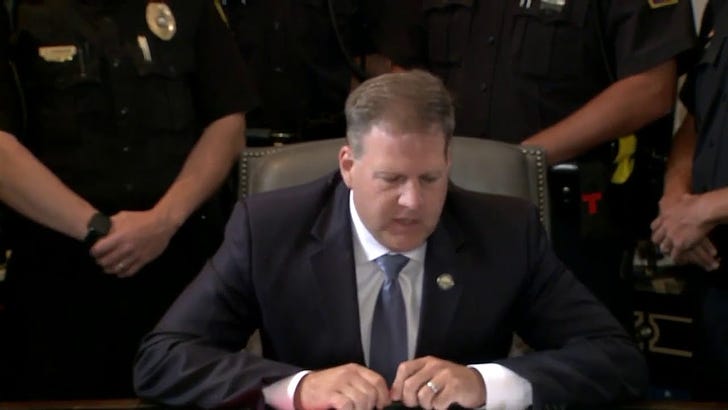"Ending people’s lives, putting people in cages, is an industry:"
(Part Two) An Oral History with Author and Sociologist R.J. Maratea
(In an oral history with The Hard Times Reviewer on institutionalized racism and classism in mass incarceration and the death penalty, author and sociologist R.J. Maratea discusses the future of the death penalty, the new Supreme Court, recent legislation and rulings surrounding execution and lethal injection, and other topics that have arisen since his timely book, Killing with Prejudice: Institutionalized Racism in American Capital Punishment, was published in 2019.)
What are some important developments around the death penalty that have arisen since the book on Warren McCleskey was published in 2019?
We’ve seen a couple things: We’ve seen historically Republican states start to abolish it. Most recently, Virginia abolished it,[i] so we’re getting toward passing a tipping point at which 25 states have abolished it. [ii] I think it gets interesting when we pass 25.
In terms of constitutional abolition and symbolic abolition, we’ve already passed 25. New Hampshire has a death penalty, for example, but New Hampshire has one person on death row and no death chamber, so they can’t execute him. That’s symbolic abolition.
Public support was a factor in the McCleskey ruling,[iii] and previously in the Gregg ruling,[iv] in which they reinstituted the death penalty: Most people support it. Most states have the death penalty.
Now we’re seeing declining support, similar to the middle of the 20th Century as we were leading up to Furman.[v] We’re seeing more states get rid of the death penalty, which is an indication of declining social support. If any group is going to mount a Constitutional challenge to it, that becomes important, because once we pass 25, you can argue that the majority of the country, the direction of the country, is clear.
Now, it gets tricky with this new Supreme Court, because this Supreme Court will never abolish the death penalty, and this Court will be in place probably for the rest of my lifetime, so on a Constitutional level, I don’t believe the death penalty will be abolished in the U.S. in my lifetime.
I’m also a little skeptical about the implications of the shift away from it. I know a lot of people are writing about this being the fall or decline of the death penalty, but we have seen this before.
By the middle of the 20th Century, botched executions, questionable executions, people started becoming a lot more skeptical about capital punishment, plus we were in the middle of the Cold War, so it was very difficult to tell the rest of the world to look at this great beacon of democracy and then you’re executing people while making the case that the Soviet Union is oppressive. It’s just not a great look, so that brings us to Furman, a complicated decision in which the Court ruled that the death penalty constituted cruel and unusual punishment.
Once you get passed Gregg, which re-institutes it, there aren’t a lot of executions in the first few years, then they really increase in the 1980s.[vi]
Now, crime has gone up a little since the pandemic started. Cable news wants to say that crime is always rising. We’re always getting bureaucratic police and political accounts about how to control crime. Historically speaking, we’re still pretty low.[vii] But, when crime cycles back to going up, like it was in the 80s up through 93,[viii] as economic issues and climate issues intersect, as we go into recessions or depressions, having water shortages, resource shortages, in the future, the idea that you’re not going to have an increase of executions, I’m not sure I believe that.
I know a lot of activists are looking at this as the fall or the end of the death penalty. I’m skeptical. I am really, really skeptical of that.
Trump was not quite able to come in and become our fascist dictator, but we haven’t had that yet. Europe has had their fascist dictators. We haven’t quite had ours yet, and when democracies die, one thing that certainly comes back is death penalties. So, I am a lot more skeptical than a lot of people that this is the decline or death of the death penalty.
That said, for the time being, fewer executions, more and more states abolishing it, these are all good trends.
States that get rid of it tend not to bring it back, because all the arguments for why you need it end up being absurd once it’s not there, because – you know – people’s lives are the same without it. Where that could lead, perhaps, in states that have abolished it, or if the country ever abolishes it, is to a debate over life sentence without parole, which is itself a death penalty.
Keep reading with a 7-day free trial
Subscribe to Hard Times Reviewer to keep reading this post and get 7 days of free access to the full post archives.


